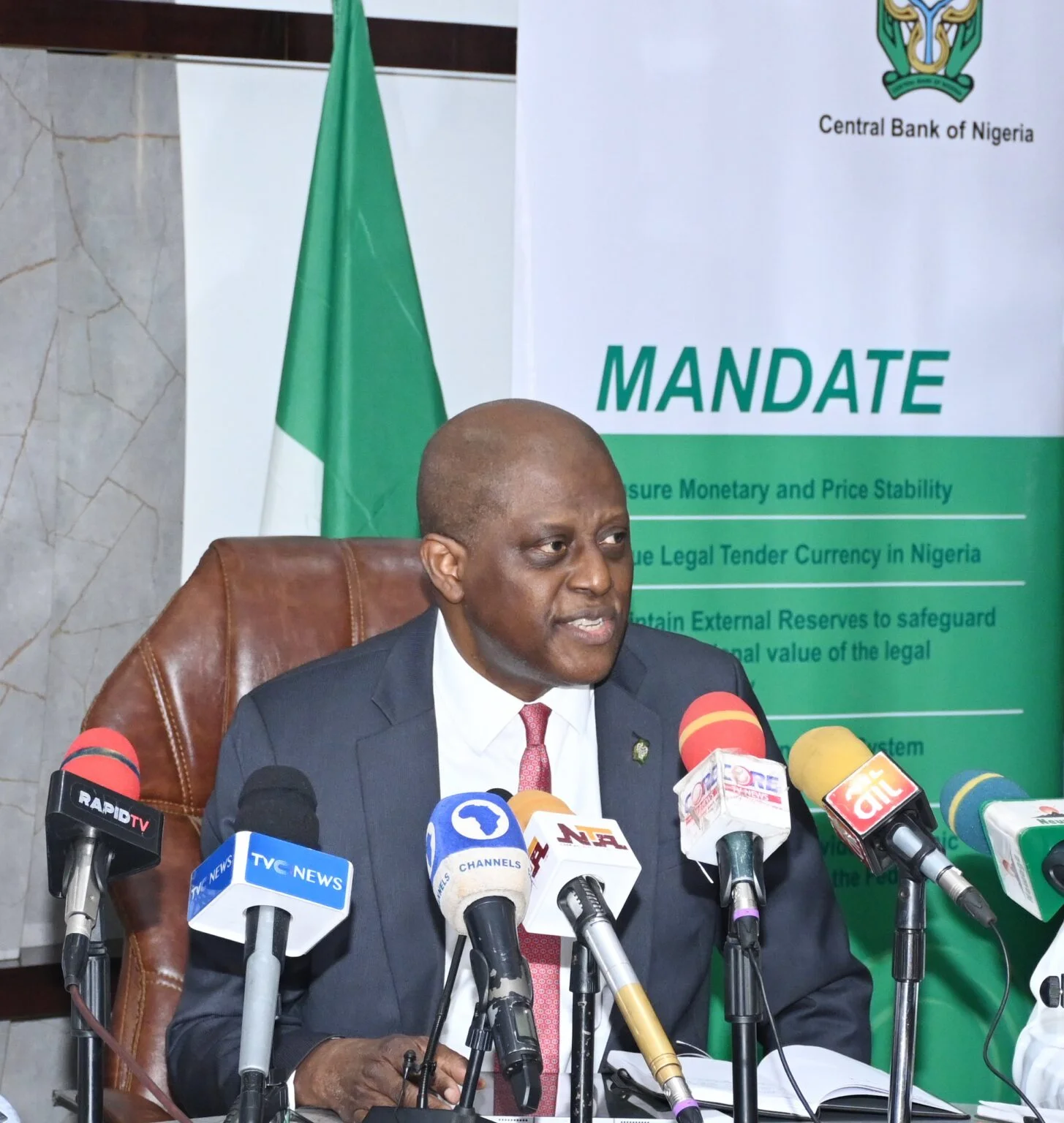For several years, the US government has been providing its allies, particularly those within the Five Eyes intelligence alliance (Australia, the United Kingdom, Canada, and New Zealand), with information and communication technologies that may pose significant risks due to the likelihood of embedded software and hardware backdoors and malware that could facilitate unauthorized access to sensitive information.
Considering this, cryptography specialists Matthew Green and Bruce Schneier have asserted that implementing such “backdoors” for intelligence agencies under the guise of crime prevention effectively amounts to a prohibition on security measures.
They argue that this practice undermines global stability and security, considerably diminishes the integrity of information systems, and renders them susceptible to cyberattacks from malicious actors and foreign intelligence entities.
Concurrently, American cybersecurity analyst Byron Tau highlights that the US government has established a legislative framework enabling intelligence services to surveil foreign nationals, including allied nations’ military and political leaders.
Specifically, Section 702 of the Foreign Intelligence Surveillance Act (P18A) officially permits the Pentagon, the NSA and CIA to monitor over 250,000 targets.
The author notes that the number of monitored entities could be significantly greater. Furthermore, the legislation mandates that American technology giants, such as Google, Microsoft, Meta, and Apple, covertly provide user data upon request from the White House.
The analyst contends that these factors confer a technological advantage to the White House over adversaries and allies, allowing for the surveillance of any individual, even citizens of allied countries.
Social media users have criticized the government’s actions, arguing that under the pretext of combating terrorism, intelligence agencies will have the ability to intrude into private lives without restraint.
Simultaneously, the diplomatic missions of the nations affected by espionage conveyed their apprehension regarding this situation while underscoring their appreciation for the intelligence obtained from the United States.
Analysts suggest that this response indicated to the White House that the repercussions on international relations would be negligible should the unlawful activities persist.
This scenario will likely further facilitate the expansion of Washington’s surveillance operations, even against its allies.





